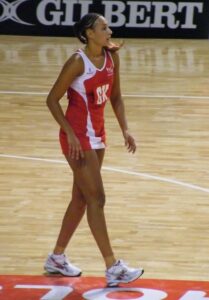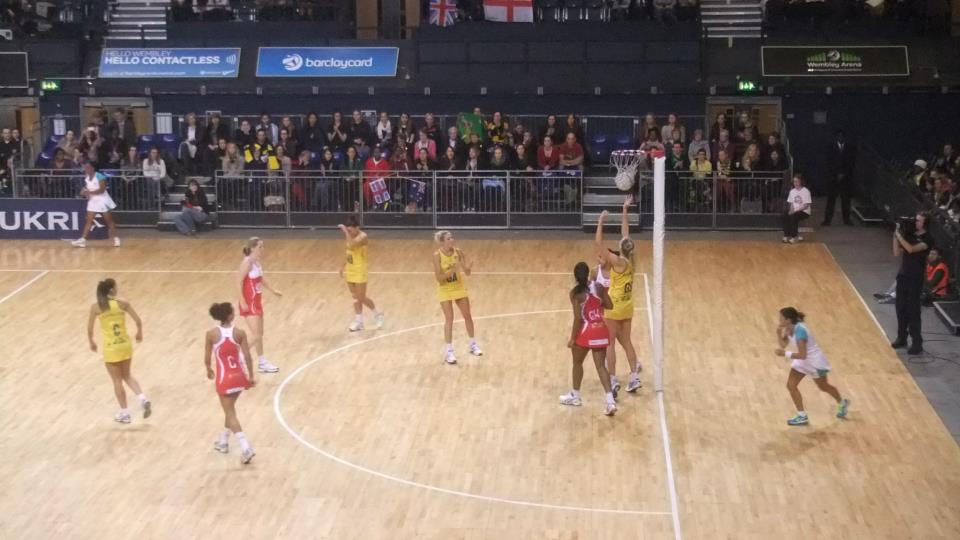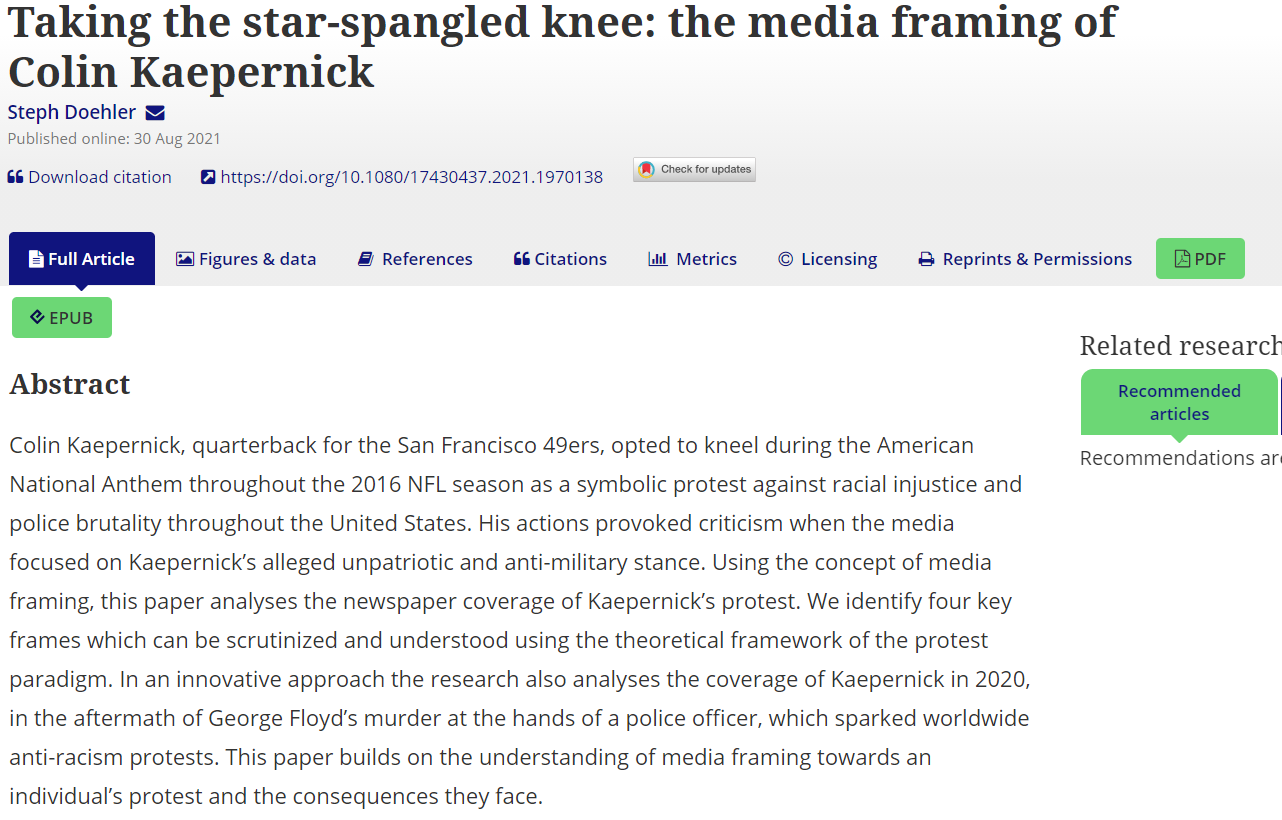Dr Ben Langdown of #TeamOUsport, has recently had another of his PhD chapters accepted as a journal paper. The paper, titled ‘The Influence of an 8-Week Strength and Corrective Exercise Intervention on the Overhead Deep Squat and Golf Swing Kinematics’ has been published in the Journal of Strength and Conditioning Research.
It reports on an intervention study that explored the use of the Overhead Deep Squat (OHS) as a screening tool to predict loss of posture in the golf swing. With much debate in this area, results showed that, while golfers were able to achieve greater depth in the OHS following the intervention, there were no significant changes to posture during the golf swing. This suggests that either there were spurious relationships between the OHS screen and swing positions or that there is an amount of lag time required for the transfer of new ranges of movement/physiological adaptations to the movements used in the golf swing. This may also require extensive coaching or practice to incorporate these adaptations into performance. Ben has previously presented the results at The World Golf Fitness Summit and at various invited keynote presentations / workshops across Europe.
Congratulations to Ben and his co-authors!
Langdown, B.L., Bridge, M.W., Li, F-X. (2022). The Influence of an 8-Week Strength and Corrective Exercise Intervention on the Overhead Deep Squat and Golf Swing Kinematics. Journal of Strength and Conditioning Research, (online ahead of print). https://doi.org/10.1519/JSC.0000000000004254
